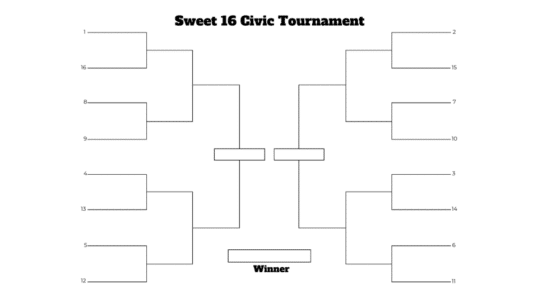If you were to ask a cross-section of elected officials and public sector administrators about the need for embedding deliberative process in government many might respond with indignation. “We already deliberate!”, legislators might protest. “We hold many public hearings where views may be expressed!”, regulators might insist.
Debate among opposing views, political brokering, and agency listening sessions may pass for deliberation in some quarters, but are far from what is needed in a healthy democracy. Working with the IF discussion process has given me a sense, after nearly 30 years in pubic sector work, that a more holistic deliberative approach in government calls for a number features that are seldom present in most government operations:
- A genuine effort to look beyond present controversies and to improve our ability to deal with the future.
- An open attitude that encourages the exploration of a wider array of possibilities for policy development and government action.
- Creation of non-partisan deliberative bodies that assist government with the challenges of future focus and broader consideration of alternatives.
- Greater inclusiveness and diversity in the voices represented in those deliberative bodies, with independence and expertise valued more than political connections.
- Dedication to periodic review of practices that allow assumptions to be questioned and that favors adjustments to reflect changing conditions.
IF founder Jay Stern was very interested in the concept of advisory bodies that might help agencies and officials deal with some of these deficiencies. The basic idea was that such bodies could operate more independently and exercise judgment unclouded by political pressures. Under that type of approach, we might hope to see more than two overtly partisan options and the split-the-difference compromise discussed seriously.
Unfortunately, progress toward such practices has not been impressive in our highly partisan era. However, we are not without models for better deliberative practices. Here and there Progressive Era innovations still function in a number of states, and local governments still offer some opportunities to serve as laboratories for deliberative mechanisms—like participatory budgeting and facilitated citizen participation in land use planning.
As is the case with most “reform”, broader use of deliberative best practices probably awaits more obvious demand for them from the public and more experience with those practices at the grassroots level.



